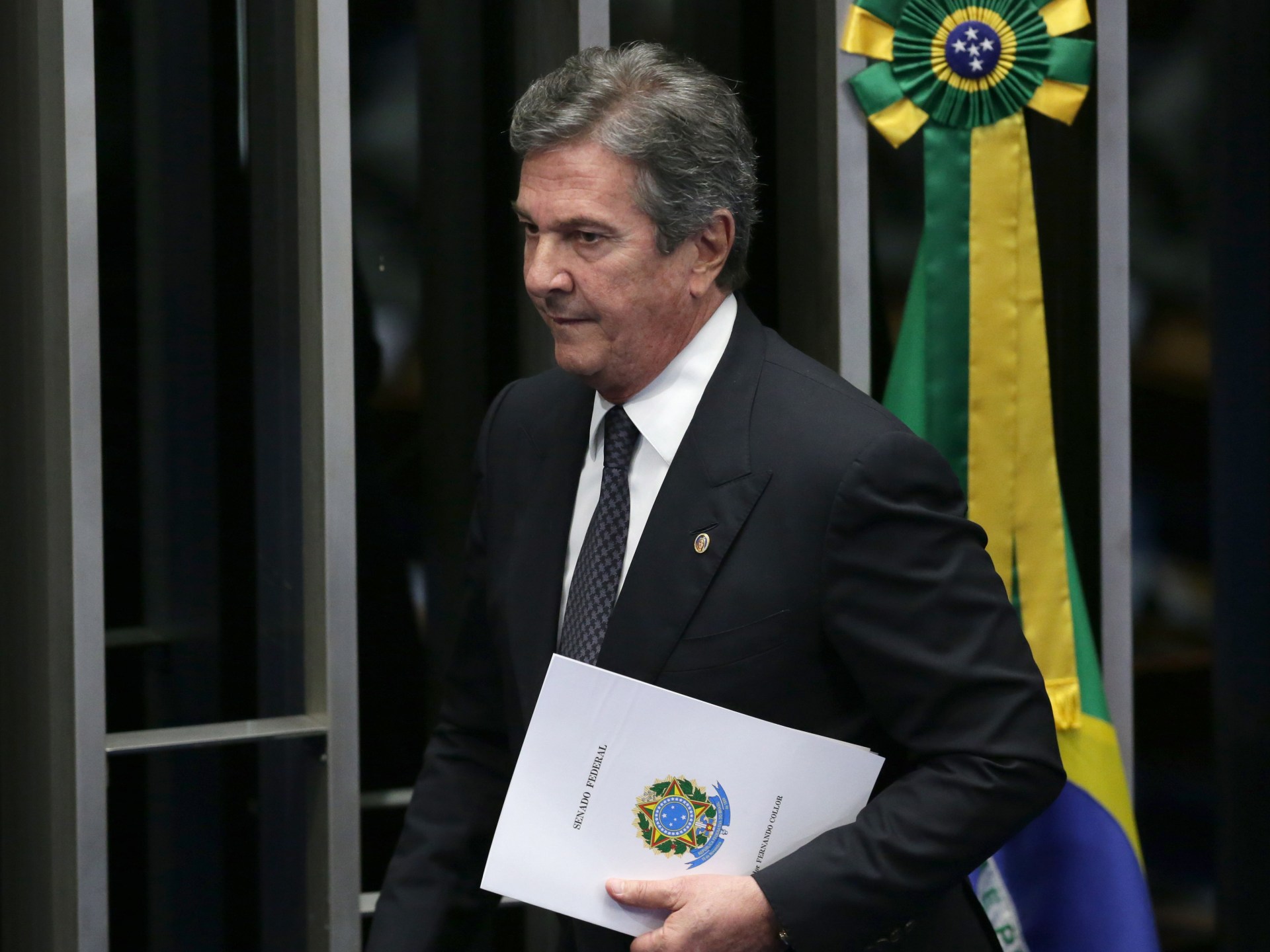Corruption Catches Up: Brazil's Fallen Leader Collor de Mello Faces Justice Behind Bars

Former Brazilian President Fernando Collor de Mello, 75, was taken into custody by federal police in Maceió, the capital of Alagoas state, according to his legal representative. The arrest marks a significant development in the ongoing legal proceedings involving the veteran politician.
Collor, who served as Brazil's president from 1990 to 1992 before resigning amid a corruption scandal, was detained by authorities in his home state. His lawyer confirmed the arrest, which comes amid continued investigations into his past political and financial activities.
The detention of the once-prominent political figure has drawn considerable attention, highlighting the ongoing efforts to address corruption and accountability among high-profile Brazilian politicians. As the legal process unfolds, the case continues to generate significant interest in Brazilian political circles.
